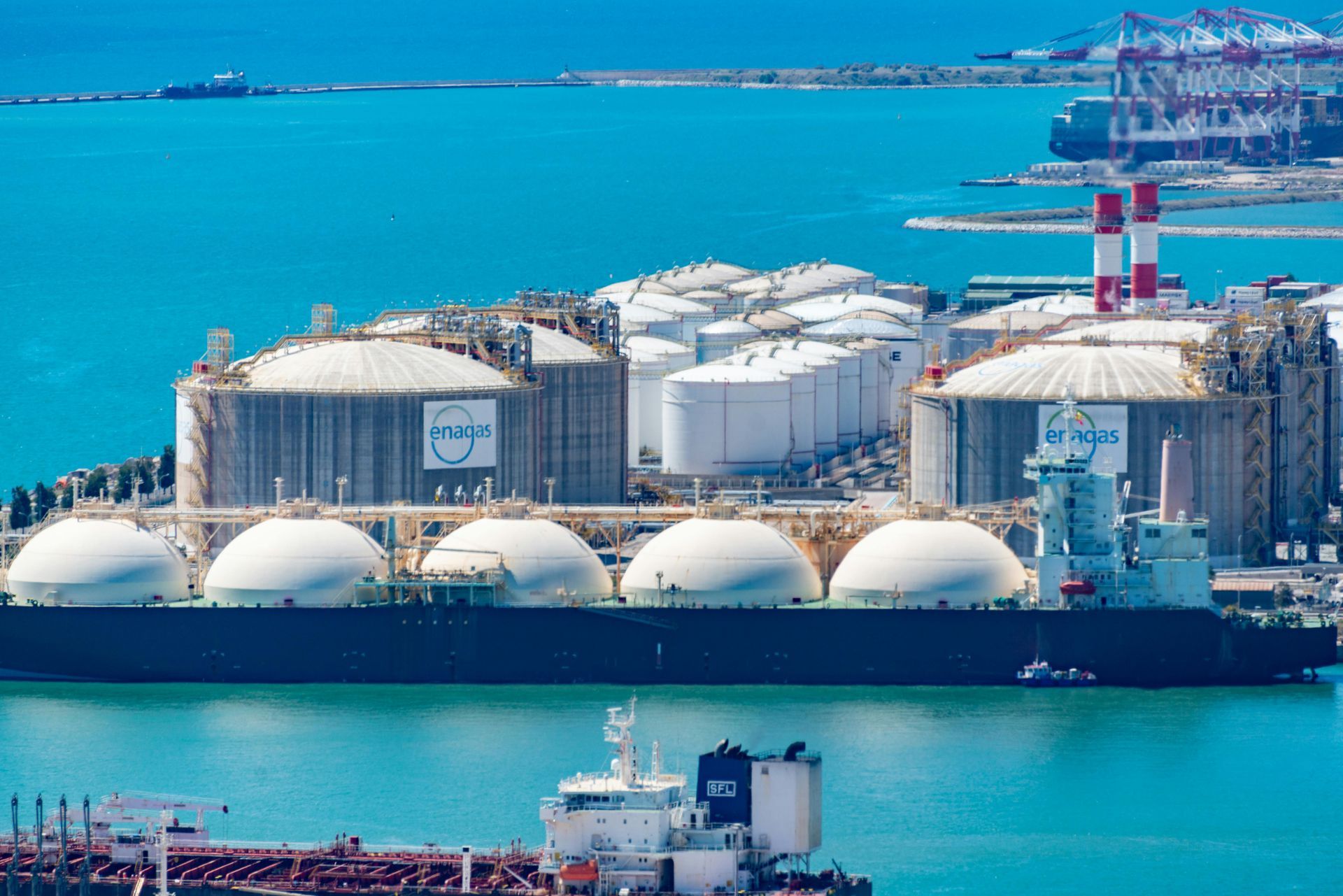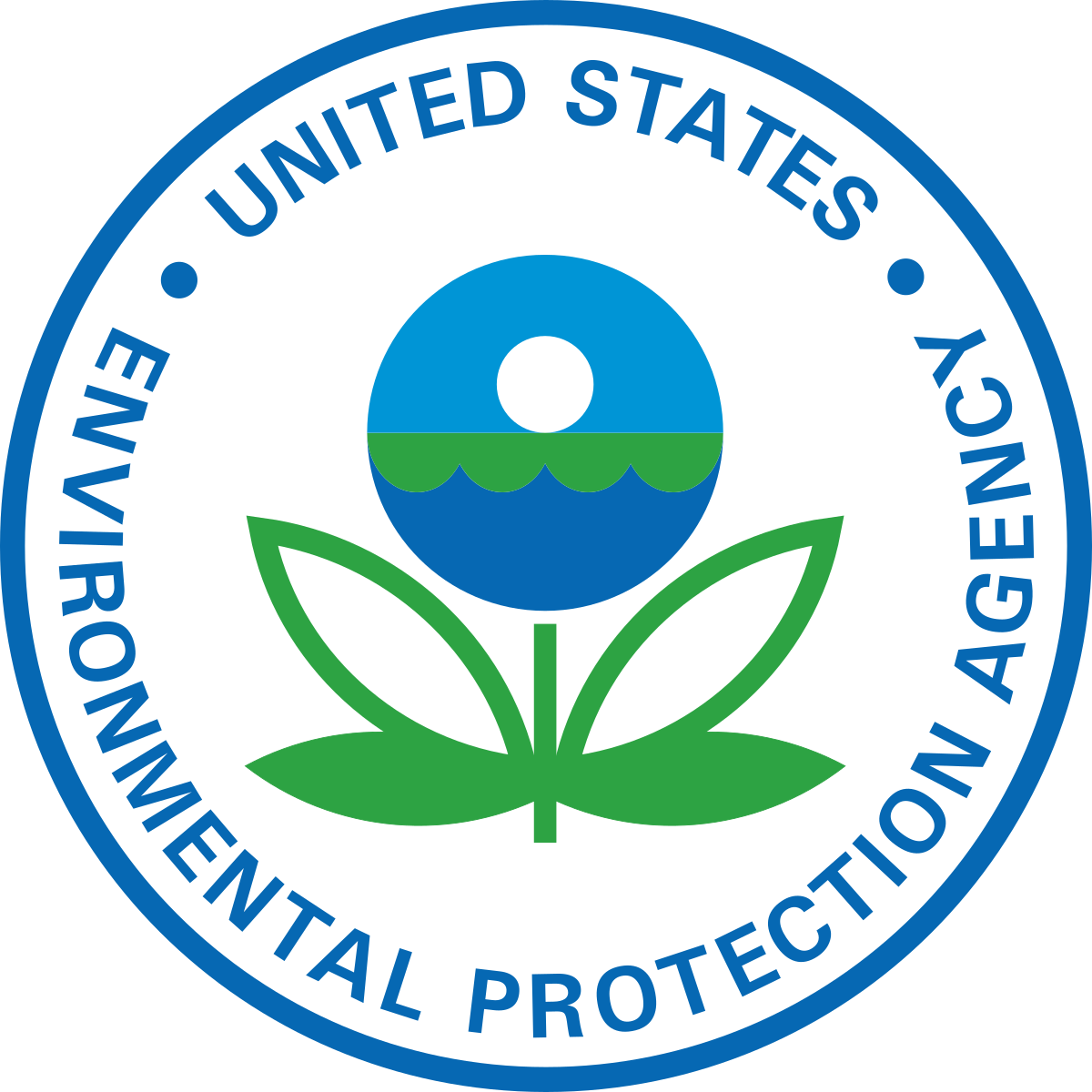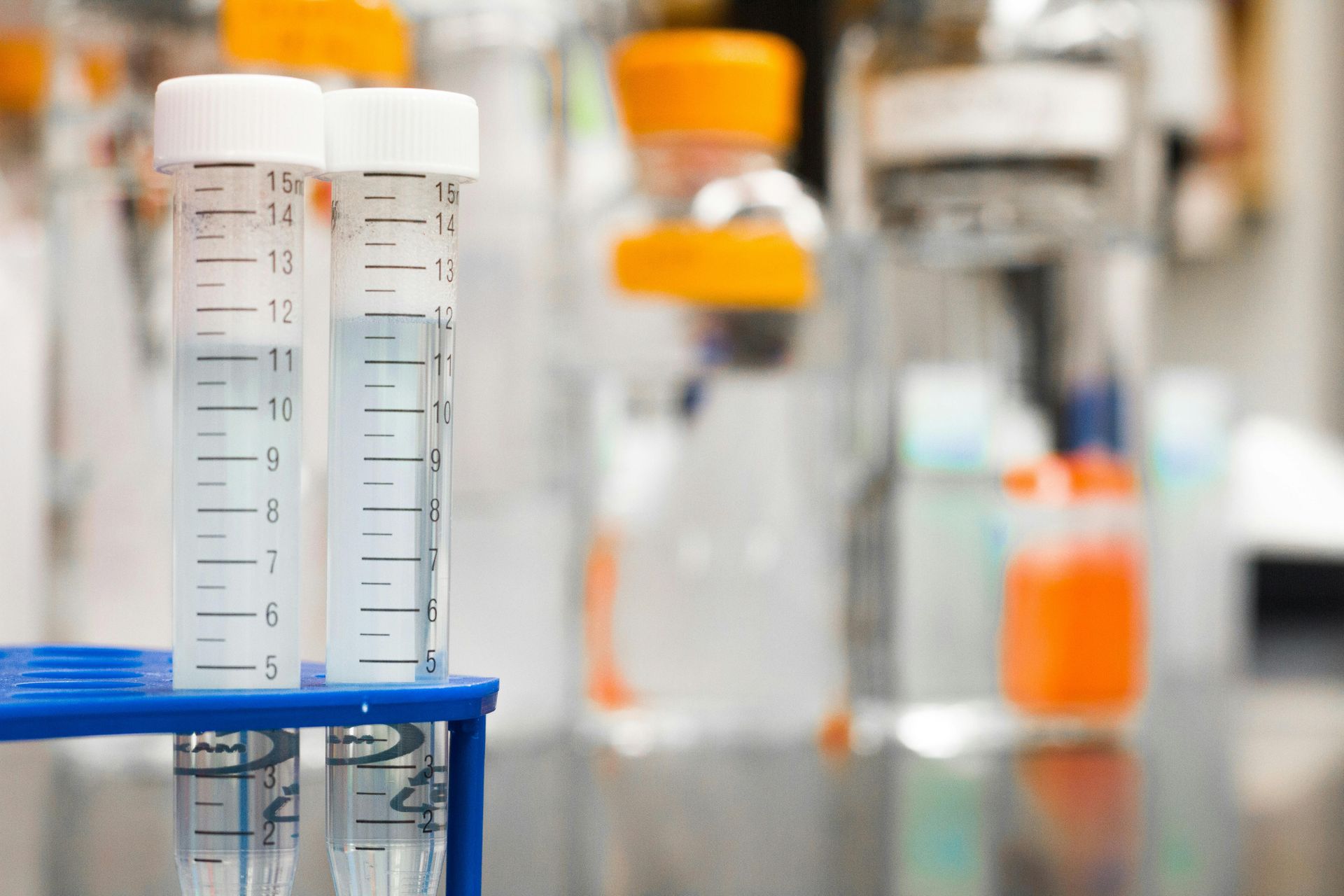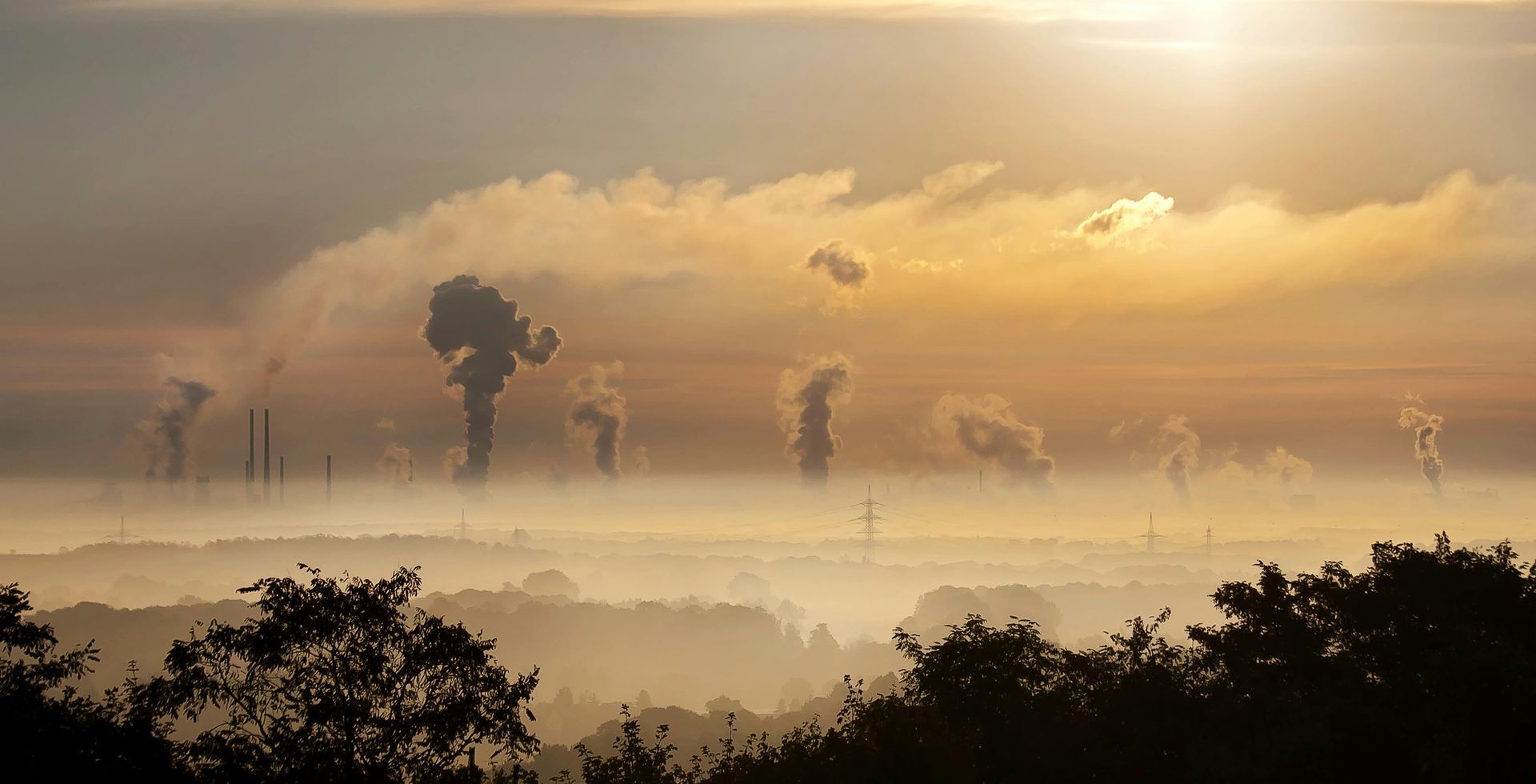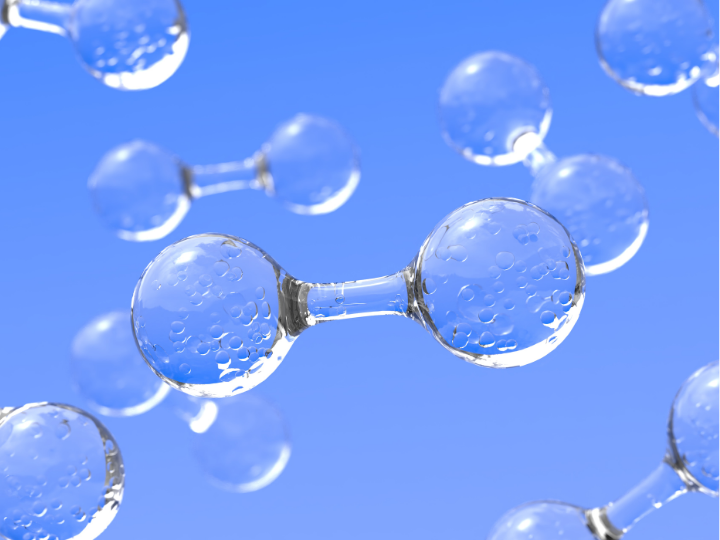Researchers develop new metal-free, recyclable polypeptide battery that degrades on demand
The advent of lithium-ion (Li-ion) batteries has sparked a technological revolution with significant advancements in consumer products across various industries. Battery-powered devices have proliferated worldwide, but this widespread technology availability has given rise to critical ethical and environmental concerns associated with Li-ion battery usage.
Presently, Li-ion batteries rely heavily on cobalt, a resource frequently extracted through exploitative child labor practices and in hazardous work environments, as documented in numerous international cases. Furthermore, the recycling rate for Li-ion batteries is extremely low, further exacerbating the demand for cobalt and other crucial elements.
A collaborative team of researchers from Texas A&M University has achieved a significant breakthrough that could potentially reduce the dependence on cobalt in battery production. This innovative battery technology platform employs a construction based on polypeptide organic radicals.
The all-polypeptide organic radical battery, made up of redox-active amino-acid macromolecules, not only mitigates the cobalt issue but also addresses the challenge of recyclability. The components of this novel battery platform can be intentionally broken down in acidic conditions to yield amino acids, other fundamental building blocks, and degradation byproducts, marking a major advancement in this research.


